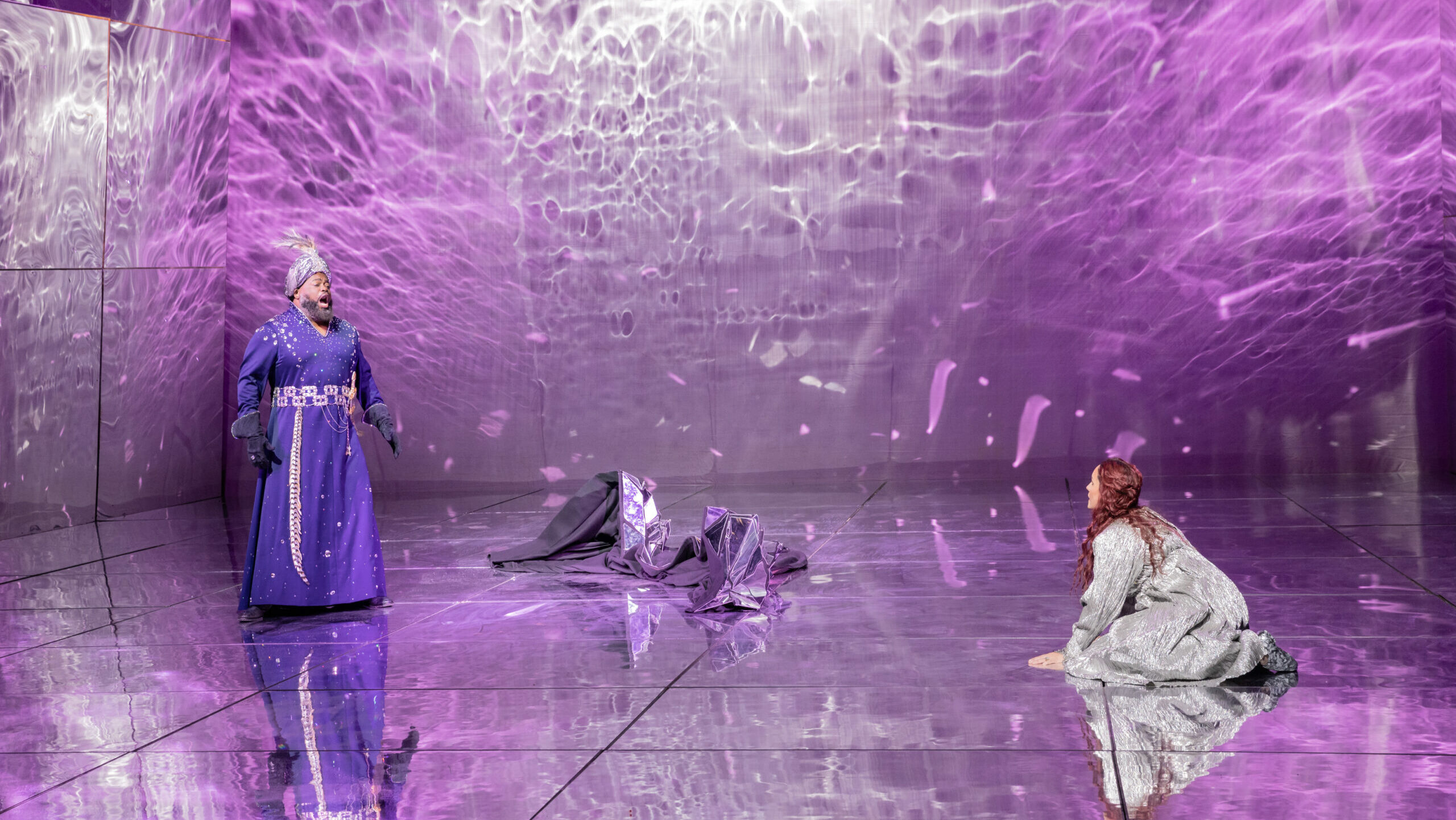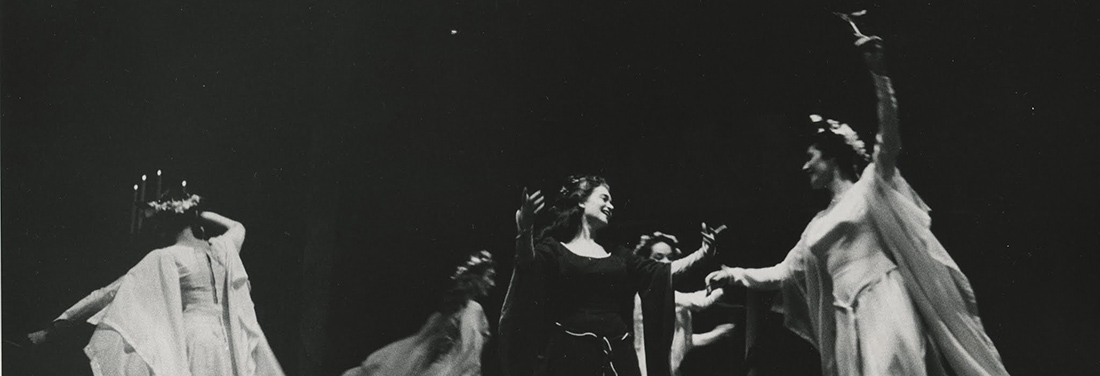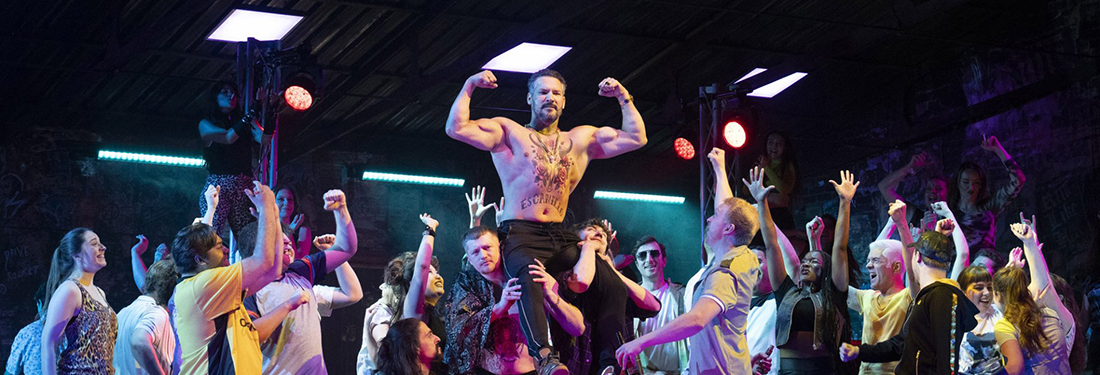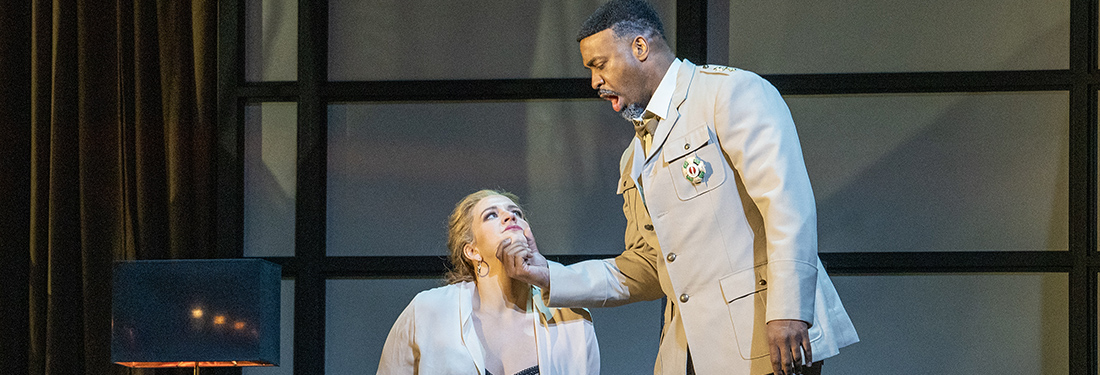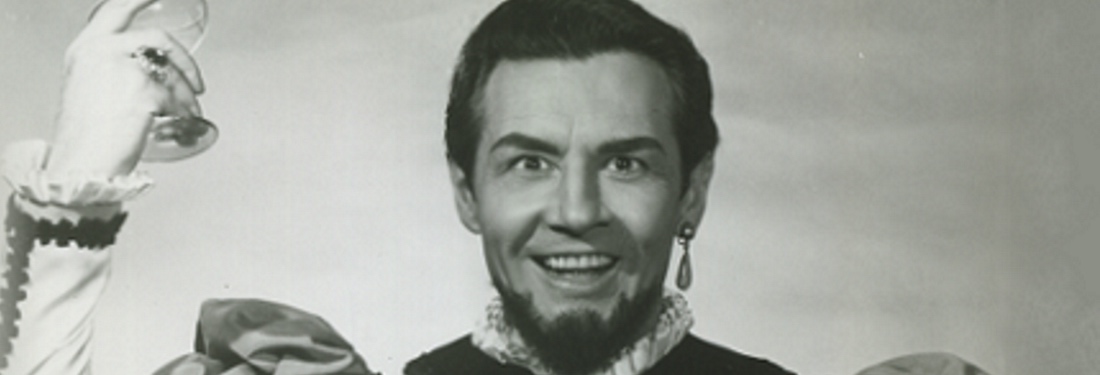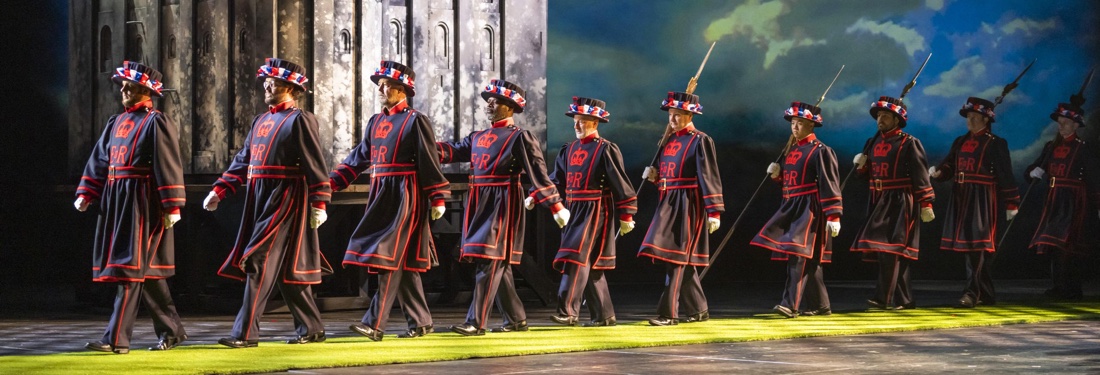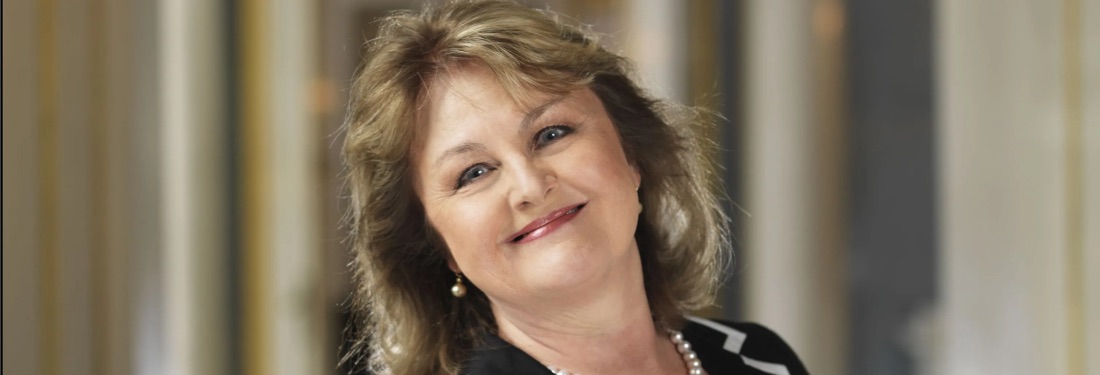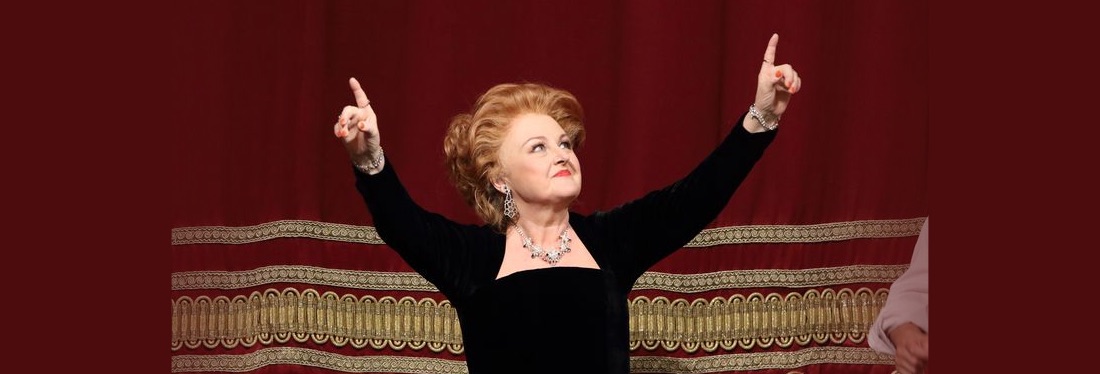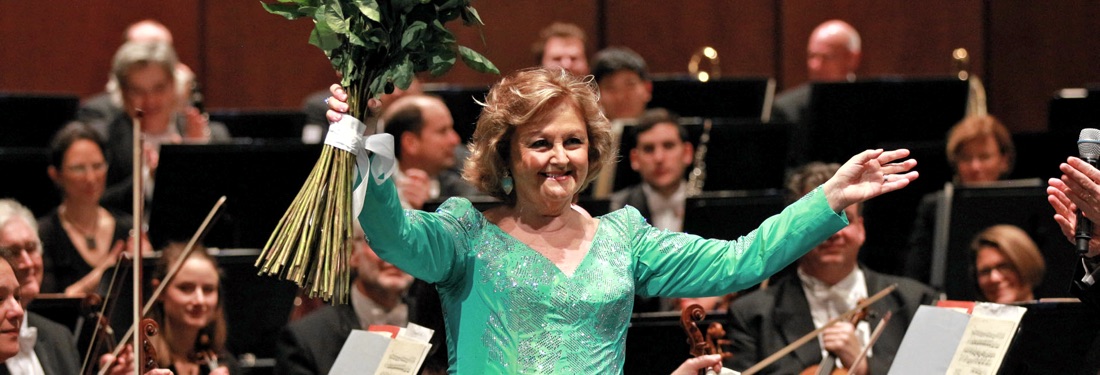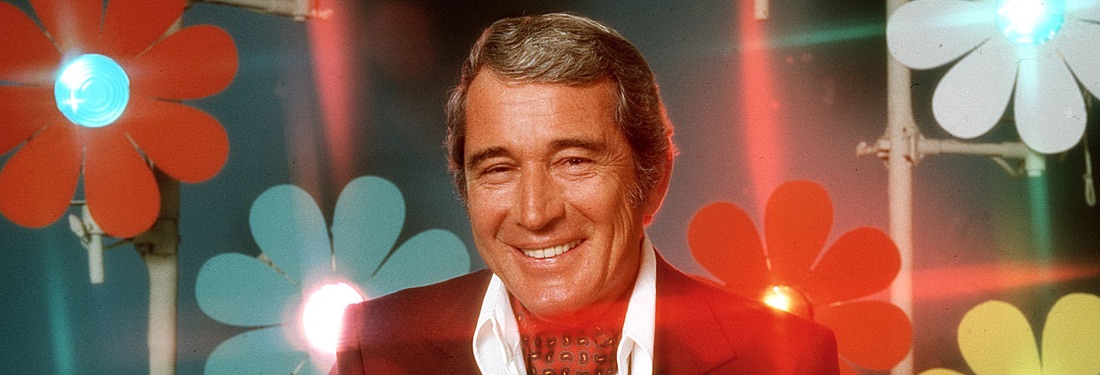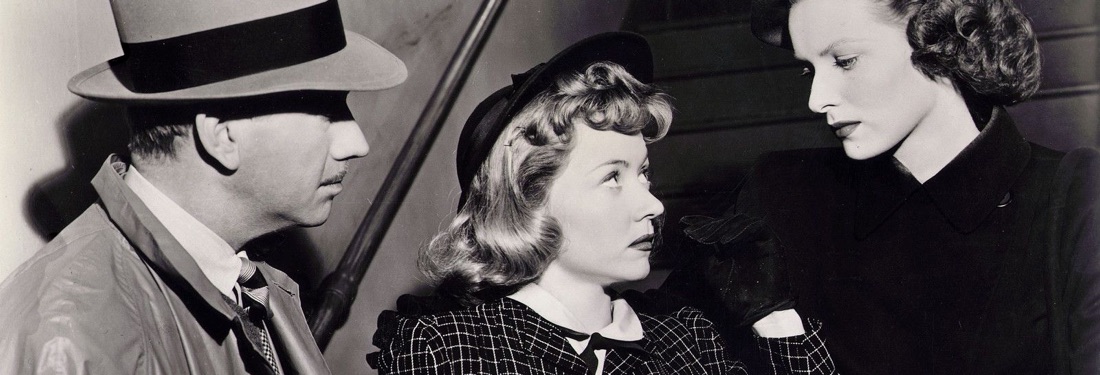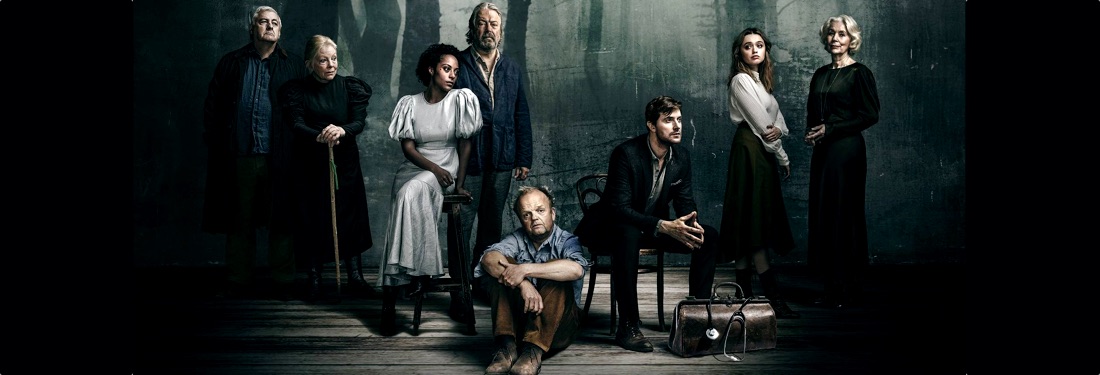
Richard Lynn bravely asks what we’re hoping to get out of the continued Peter Gelb-bashing — and whether our expectations of him have ever been fair
In hopes of encouraging parterre box readers to concoct their own year-end lists, I’ve put together my own.
To the extent that singers should be considered stewards of their repertoire, equating bad singing to whatever “verismo” is will only be to the detriment of verismo.
Does Diane Paulus really have no better ideas?
Each successive version pushed the envelope further… and was less effective.
In an ingenious stroke of double casting, the Met’s new Forza del destino brings back the Marquis of Calatrava—father of the heroine Leonora, unintentionally killed in the opening scene by a bullet from her lover’s pistol—as Padre Guardiano, Father Superior of the monastery that will take her under its protection as a hermit in Act 2.
On February 10 of this year was the 100th anniversary of the birth of the great Italian basso Cesare Siepi. I found that this milestone was scarcely noted in the opera press.
A quick survey of the Met website shows wide swaths of available seats for the upcoming performances of La traviata and L’elisir d’amore. Only new works like The Hours and Fire Shut Up in My Bones have been achieving sold-out houses.
Arts Council England, as a global policy trendsetter, may have sounded the death knell for the international opera industry as we know it.
One wonders whether an obsession with metrics and measurement has the potential to create arts organizations that are more preoccupied with finding systems that quickly and efficiently tick the Arts Council’s boxes than with creating meaningful, impactful art.
“Opera needs a reset. We think there needs to be a fundamental shift in the ecology.”
Edita Gruberova considered her greatest pride and loves not her career but her daughters Klaudia and Barbara and grandchildren Cris, Denis, and Alyssa.
Despite the diminishing returns of her vocal means, Edita Gruberova‘s last years of her career were if anything more successful than ever.
These are my findings and opinions (and I welcome rebuttals)!
The worst criticism perhaps was the gleeful Schadenfreude noting Edita’s voice wasn’t as under her command as it used to be.
I feel that any singer attempting crossover would do well to listen to Perry Como to hear how it should be done.
To give an idea of how well Perry Como was able to “assume” different vocal identities, here he is doing his mega #1 1953 hit, “Don’t Let The Stars Get In Your Eyes.”
In observation of the 110th birthday of Perry Como, May 18, 1912.
Has there ever been a more perfect opera to watch after a breakup than Ariadne auf Naxos?
In any case, we are now in the Queen’s garden of the Palace in Madrid. It is the day before the coronation of King Philip. Coronation? What coronation?
The only correct version of Don Carlos must be in French. That is the language that Verdi composed it in and he made all his revisions in that language.
In online discussion on “Favorite Opera” and cuts in opera in general, it seems Don Carlos (in its original French title) or Don Carlo (as it is better known in Italian) – with or without the “s” – generally get the most votes both as favorite and as an opera from which deplorable cuts are made.
Watching Gloria Grahame—lips moist and parted, eyes staring off into some faraway middle distance—is absolutely arresting. She looks like the quintessential Noir femme fatale that was, in fact, probably her principal calling card.
One by one, we see the principals arriving at the eerily empty building. Something about watching them—masked and in street clothes, struggling with umbrellas—was almost unbearably emotional for me.



